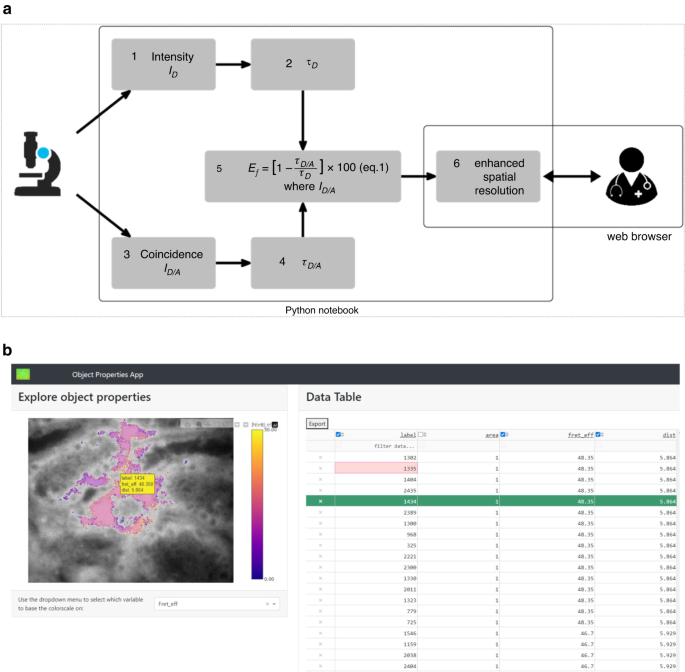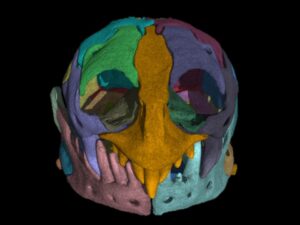2024-02-09 バース大学
◆バース大学とノッティンガム大学の研究者は、HIF2αというタンパク質の機能をマッピングし、FuncOmapと呼ばれるツールを開発しました。このツールにより、臨床医は患者の腫瘍内でタンパク質がどのように相互作用するかを直接視覚化でき、より効果的な治療法を選択できるようになります。
<関連情報>
- https://www.bath.ac.uk/announcements/new-tumour-spatial-mapping-tool-will-help-clinicians-diagnose-cancer-and-personalise-treatment/
- https://www.nature.com/articles/s44276-023-00033-7
明細胞腎細胞癌における低酸素誘導因子ヘテロ二量化と免疫チェックポイント制御因子の空間的機能マッピング Spatial functional mapping of hypoxia inducible factor heterodimerisation and immune checkpoint regulators in clear cell renal cell carcinoma
Elena Safrygina,Christopher Applebee,Alan McIntyre,Julian Padget & Banafshé Larijani
BJC Reports Published:09 February 2024
DOI:https://doi.org/10.1038/s44276-023-00033-7

Abstract
Background
Clear cell renal cell carcinoma (ccRCC) is a highly malignant subtype of kidney cancer. Ninety percent of ccRCC have inactivating mutations of VHL that stabilise transcription factors, HIF1α and HIF2α, only stabilised in hypoxia. The varied response to HIF2 inhibition, in the preclinical and clinical settings, suggests that assessment of HIF2α activation state, not just expression levels is required as a biomarker of sensitivity to enable optimal clinical use.
Methods
Two-site amplified time-resolved Förster Resonance Energy Transfer (aiFRET), with FRET-Efficiency,Ef, as its read out, provides functional proteomics quantification, a precise step forward from protein expression as a tool for patient stratification.
To enhance the clinical accessibility of Ef, we have devised a new computational approach, Functional Oncology map (FuncOmap).
Results
FuncOmap directly maps functional states of oncoproteins and allows functional states quantification at an enhanced spatial resolution. The innovative contributions in FuncOmap are the means to co-analyse and map expressional and functional state images and the enhancement of spatial resolution to facilitate clinical application. We show the spatial interactive states HIF2α and HIF1β in ccRCC patient samples.
Conclusion
FuncOmap can be used to quantify heterogeneity in patient response and improve accurate patient stratification, thus enhancing the power of precision.


